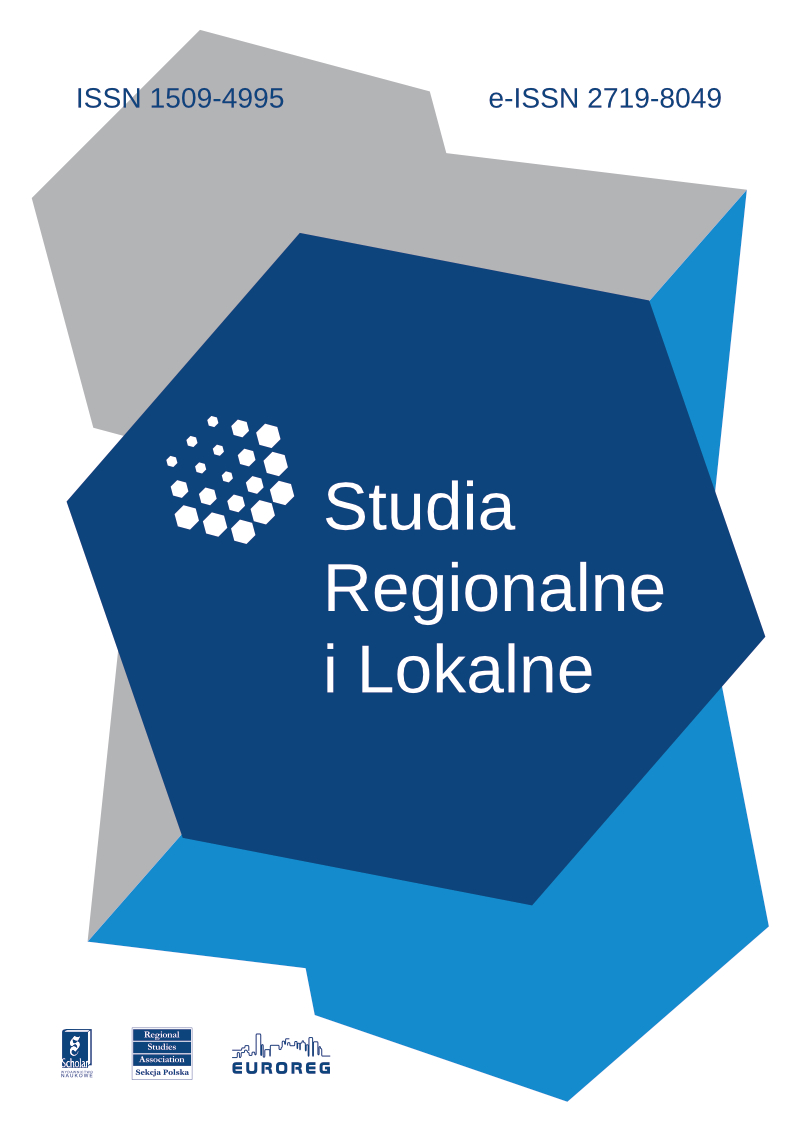Published in
1(11)/2003

- Anna Gąsior-NiemiecMezzogiorno - an Attempt of Re-Interpretation[more]
- Grzegorz GorzelakThe Wealth and Poverty of Regions. Assumptions, Hypothesis, Cases[more]
- Bohdan Jałowiecki, Magdalena Krajewska, Karol OlejniczakMetropolitan Class In Warsaw Space[more]
- Urszula KlimskaPolityka podatkowa gmin województwa lubelskiego w latach 1992-2001 (z praktyki)[more]
- Władysław MisiakBohdan Jałowiecki, Marek S. Szczepan?ski, 2002, Rozwój lokalny i regionalny w perspektywie socjologicznej, Podręcznik akademicki, Tychy: S?ląskie Wydawnictwo Naukowe, Wyższa Szkoła Zarządzania i Nauk Społecznych w Tychach, s. 346 (recenzja)[more]
- Jiří MusilFifty Years of Social Theories of Urban Development[more]
- Ewa Nowińska-ŁaźniewskaTomasz Michalski, 2002, Polska w procesie integracji europejskiej. Analiza okresu 1994-1999, Warszawa: Wydawnictwo Difin, s. 289 (recenzja)[more]
- Paweł SwianiewiczLocal Revenues from Inter-Governmental Transfers[more]
- Tomasz ZegarThe Integration Processes within the Metropolitan Area of Warsaw[more]


